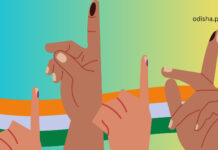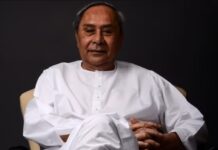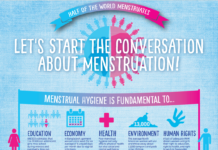OdishaPlus Bureau
As the May 3 deadline for the lockdown nears, medical experts feel the next month can be “make or break” for the fight against COVID-19 and an aggressive containment strategy for hotspots along with insulation of green zones is essential while giving some relaxation.
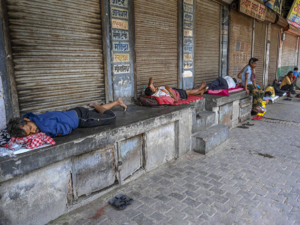
The experts also suggested that railways, air travel, inter-state bus services, malls, shopping complexes, religious places, among others, should be kept shut at least for the month of May. Prime Minister Narendra Modi on Monday had told chief ministers that the country will have to give importance to the economy while continuing the fight against coronavirus.
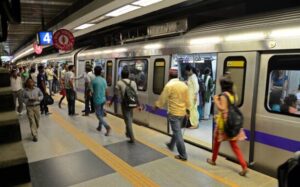
The Centre on Wednesday gave clear indications that the ongoing nationwide lockdown will be extended beyond May 3, but with “considerable relaxations” to people and services in “many districts”. The number of COVID-19 hotspot districts in India has come down to 129 from 170 a fortnight ago, but in the same period, the number of infection-free districts or green zones too decreased from 325 to 307.
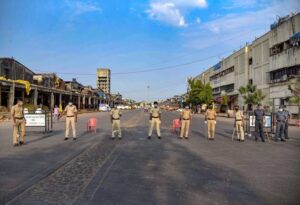
During this time, the number of non-hotspot districts, also known as orange zones, increased from 207 to 297. Dr. Rajesh Kumar Gupta, Additional Director, Pulmonology and Critical Care, Fortis Noida, said it is important to understand that the lockdown does not kill the virus, it only slows the spread. Gupta suggested that the lockdown should be continued in red zones for about two weeks or some more time, and curbs be lifted in green zones while ensuring that there is no intermingling between them.
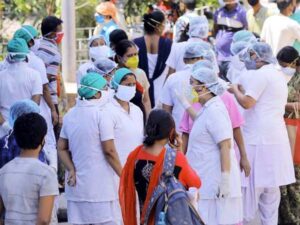
May could be the “make or break” month for the fight against COVID-19 and it is important to keep curbs on in places from where cases are being reported. Dr. Arvind Kumar, a noted lung surgeon at Sir Ganga Ram Hospital, said it is important that railways, air services, interstate bus services, malls, shopping complexes, religious places, etc., should be kept shut.
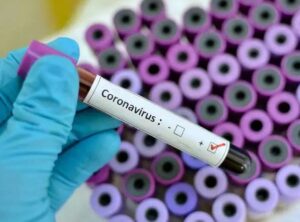
The borders of green districts should be sealed and limited activities are allowed while ensuring social distancing with hand washing and the wearing of masks being part of people’s lifestyle.

